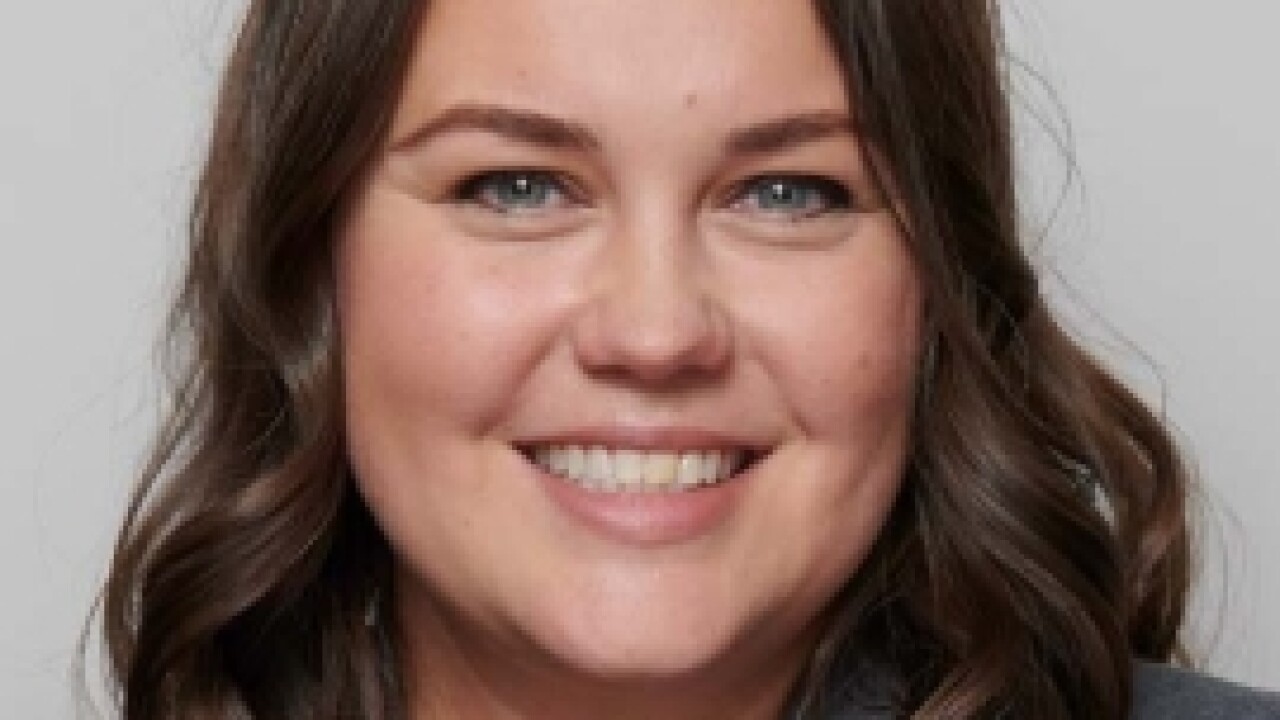CMBS 2.0 has taken off and is getting normalized, with even a $685 million deal backed entirely by hotel properties passing muster.
However, with the recent glut of supply, and against a backdrop of economic uncertainty involving the U.S. debt ceiling negotiations and the European debt crisis, investors have had adequate leverage to get issuers to hike up spreads and subordination levels on a couple of deals that came to market in July.
Marc Peterson, a CMBS portfolio manager with Principal Global Investors, is one of the investors in a $1.48 billion CMBS offering, backed by a diversified pool of properties, with the largest representations from retail and office properties.
The deal was supposed to close in the last week of July, but did not go through as Standard & Poor's withdrew its ratings on the deal (see related story next page). The ratings agency stated that it is reviewing its DSCR criteria for CMBS deals due to the possibility that it is using conflicting methods.
While the deal, brought to market by Goldman Sachs and Citigroup, was initially structured to offer a 14.5% subordination to the 'AAA'-rated securities, it had to be restructured to hike up the subordination to 20%.
"This is the market saying we are not going to buy this 'AAA' with this subordination," Peterson said of the offering. "Then they had to create the 20% subordination class in order to get investors to participate."
Investors also felt that the subordination levels were too low relative to a $1.48 billion deal from Wells Fargo and Royal Bank of Scotland that was also being marketed at the same time with 2.5% more subordination to the 'AAA' level.
What Peterson found to be most attractive about the Goldman Sachs and Citigroup deal, which he expects the issuers to look to reissue in future, was the spreads on the deal.
For instance, the 20% subordination 'AAA' class offered a spread of 175 basis points. "Back in April, deals were being done at (spreads of) 105 to 110," Peterson said. "If you look at the clearing level of 175, this reflects that the supply and demand balance was overwhelmed by supply this week in a market that is still fragile."
Also reflecting this dynamic, Wells Fargo and RBS had to hike up the yield on the 10-year 'AAA' portion of their $1.48 billion offering, from the initially proposed 145-basis-point spread to about a 170-point spread over swaps, in order to draw investors.
This is a wider spread level than on any other 2.0 deal that has come to market, according to a CMBS weekly report from Bank of America Merrill Lynch analysts.
Even as these supply-related adjustments have cropped up, there is talk, according to S&P analysts, of deals involving floating-rate loans and CRE CDOs.
Another sign of growing CMBS 2.0 stabilization is in the form of a $1 billion deal backed by a 107-property retail portfolio. Wells Fargo, Deutsche Bank Securities and Barclays Capital are making this offering, backed by a portfolio that the Blackstone Group had acquired from Australia-based Centro Properties Group, according to a Bloomberg report.
As for the other deal backed by a single property type - the $685 million hotel property deal - William O'Connor, chair of the financial services practice at the law firm of Crowell & Moring, sees it as a good sign that Deutsche Bank was able to pull off the deal, which was backed by mostly urban hotel properties.
"Hospitality is a hot asset class right now for some reason. A number of funds have been raised just for that purpose," O'Connor said. "They feel that there is a fair amount of distress in the resort sector, and there's an opportunity to make a large return."
Jeffrey Berenbaum, head of CMBS strategy and analysis at Citigroup, also believes that it is a good sign that sellers were able to attract demand for the hotel property deal. "There are still plenty of issues and concerns for 2.0, but generally it is a good sign that the riskiest asset class is able to attract demand on the buy side," Berenbaum said.
"It's picking up a trend that we have been seeing, improving real estate stabilization," he said. "It's very specific to the property type as well as the location. Hotels will pick up off of the national economy where things are going. Things are progressing along a slow growth trend for the general economy."
As for loan metrics on CMBS 2.0, Berenbaum said that the underwriting pendulum had swung too far to the conservative end and has now become less conservative more quickly than people had expected. However, underwriting is still more conservative than on the 2006 and 2007 loan vintages.
Citigroup's forecast calls for $30 billion to $40 billion of CMBS issuance this year, and Berenbaum expects it could fall at the lower end of this range.
"With all the volatility the markets are seeing this summer, there could be a pressure on spreads, making lending less affordable to the commercial borrower and pressuring issuance in the second half, unless we see some more stabilization," Berenbaum said.
He expects to see market stabilization after the U.S. debt ceiling issue is settled and there is more certainty related to the eurozone.





